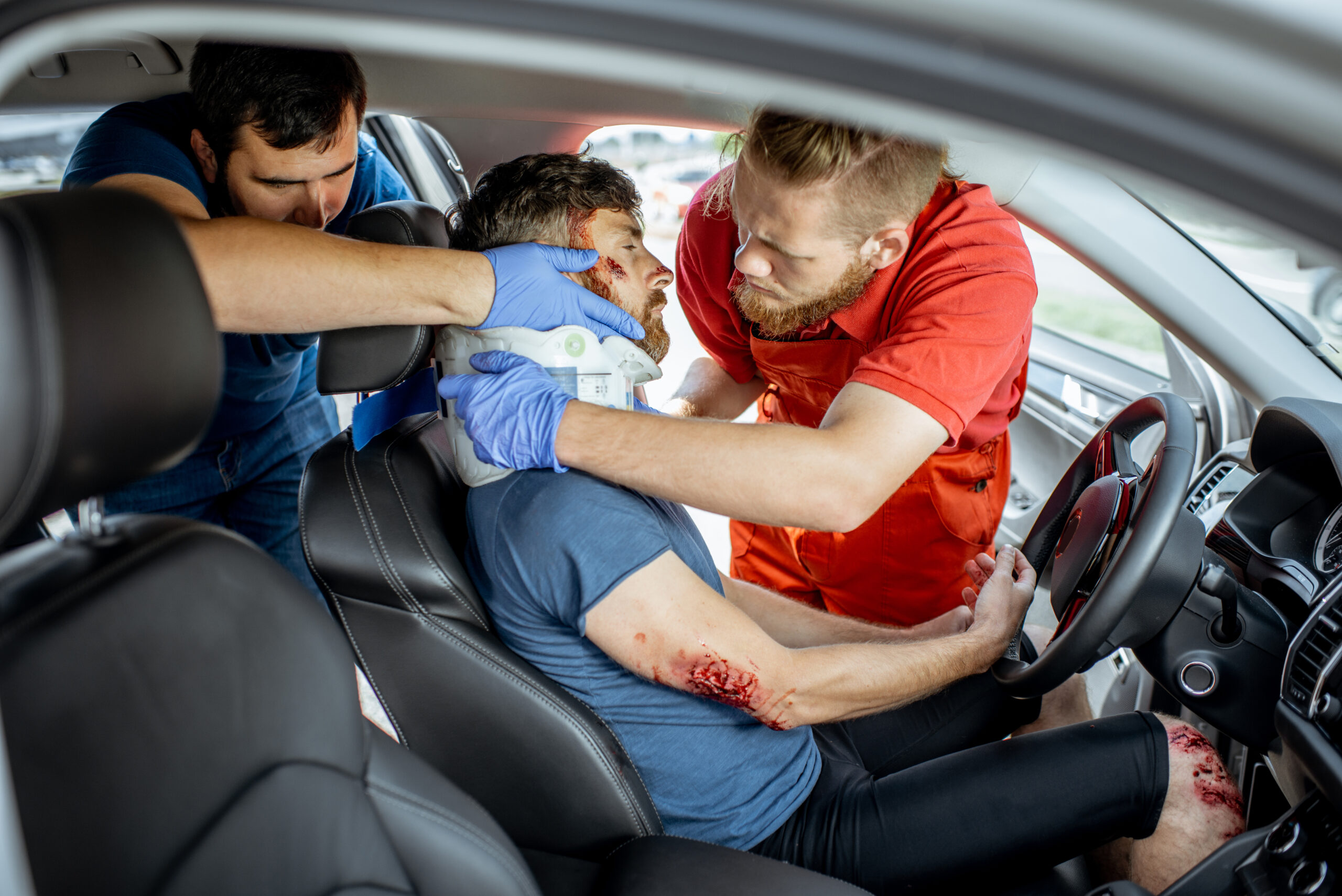
Essential Steps To Take after Being Involved in a Car Accident
Car accidents can be disorienting and traumatic experiences, leaving many unsure about the appropriate steps to take immediately after the incident. Your actions in the aftermath are crucial for your safety, protecting your rights, and preparing for any potential insurance claims or legal actions needed to recover damages. Keep reading to learn about the fundamental steps following a vehicle collision.
Immediate Steps Following a Car Accident

The moment after a collision is crucial for assessment. Your priority should be to check for crash injuries to yourself and others. If immediate medical assistance is needed, call 911 without delay. If the cars are operable and you are in danger of oncoming traffic, move to a safe location near the accident scene.
Once safety concerns are addressed, securing the scene to prevent further accidents is essential, using hazard lights, flares, or warning triangles. This measure helps other motorists navigate the area safely and protects the integrity of the accident scene before authorities arrive.
As you wait for the police to arrive, making initial notes about the accident, including time, location, and personal recollections, is wise. This early record can be invaluable later, as memories fade or become less accurate.
Contacting Law Enforcement Officials
After ensuring safety and addressing immediate concerns, contacting the police is a critical next step. Law enforcement officers will document the accident and create a police report, which is valuable when dealing with insurance companies and any potential legal issues.
When the officers arrive, provide a factual account of what happened without speculating. If asked if you’re injured and not sure, it’s better to say you’re not sure than to deny any injury outright, as some crash symptoms can appear hours or days later.
Before the police leave, ask for their names and badge numbers and find out how to obtain a copy of the accident report. This information will be necessary for your records and any subsequent legal advice you can seek from professionals like Walner Law in Chicago IL.
Documenting the Scene
In the aftermath of a collision, gathering evidence can be a deciding factor in insurance claims and legal disputes. Use your smartphone camera to take pictures of the vehicles involved from various angles, showing the extent of the damage and position of the cars post-collision.
Don’t forget to capture relevant street signs, traffic signals, road conditions, and any skid marks or debris. These images can provide context to how and why the accident occurred, potentially identifying environmental factors that contributed to the event.
While documenting, try to avoid interfering with ongoing traffic or any investigative efforts by authorities. Your safety and the integrity of the legal process are crucial, and interference could alter the outcome of your case.
Exchanging Information and Interacting With Other Parties Involved

Once you’ve assessed the situation and ensured everyone’s safety, the next step is to exchange information with the other drivers involved. This should include full names, contact information, insurance companies, policy numbers, driver’s license numbers, and vehicle license plate numbers.
While interacting with others at the scene, maintain composure and civility. Emotional outbursts or confrontations can escalate a tense situation and may inadvertently affect legal proceedings or insurance assessments.
If there are passengers or bystanders, consider obtaining their contact information. Their accounts might help law enforcement or insurance investigators corroborate details of the accident.
Seeking Medical Attention and Legal Consultation
After the immediate chaos of a car accident, seek medical attention, even if you feel fine. Specific injuries, like whiplash or internal bruising, can manifest. A thorough medical examination can catch these early, providing a link between the accident and your injuries, which is necessary for insurance or legal claims.
Keep track of all medical procedures, treatments, and medications related to your accident. Documenting these details, specializing in any workdays missed due to injury, creates a comprehensive record to protect your rights while recovering your livelihood.
An attorney can also help negotiate with insurance companies and, if necessary, represent you in court. They can manage the intricate details of filing claims and legal paperwork, allowing you to focus on recovery. The support of knowledgeable legal counsel can be invaluable in these high-stress situations.
Overall, the steps you take following a car accident are instrumental in safeguarding your health, financial security, and legal rights. By remaining alert and conscientious, you can ensure your best interests are upheld throughout the insurance and legal processes that may follow.



